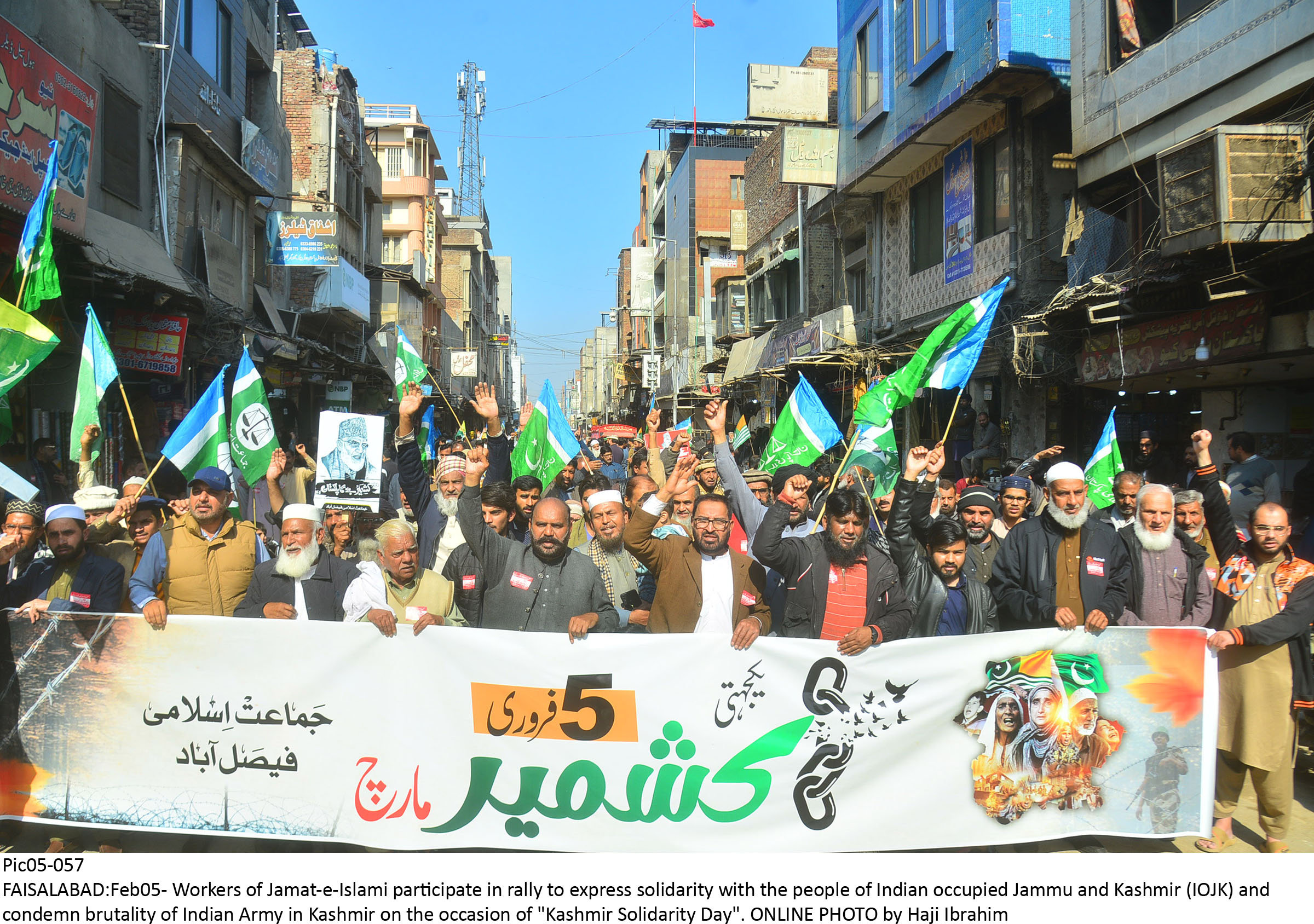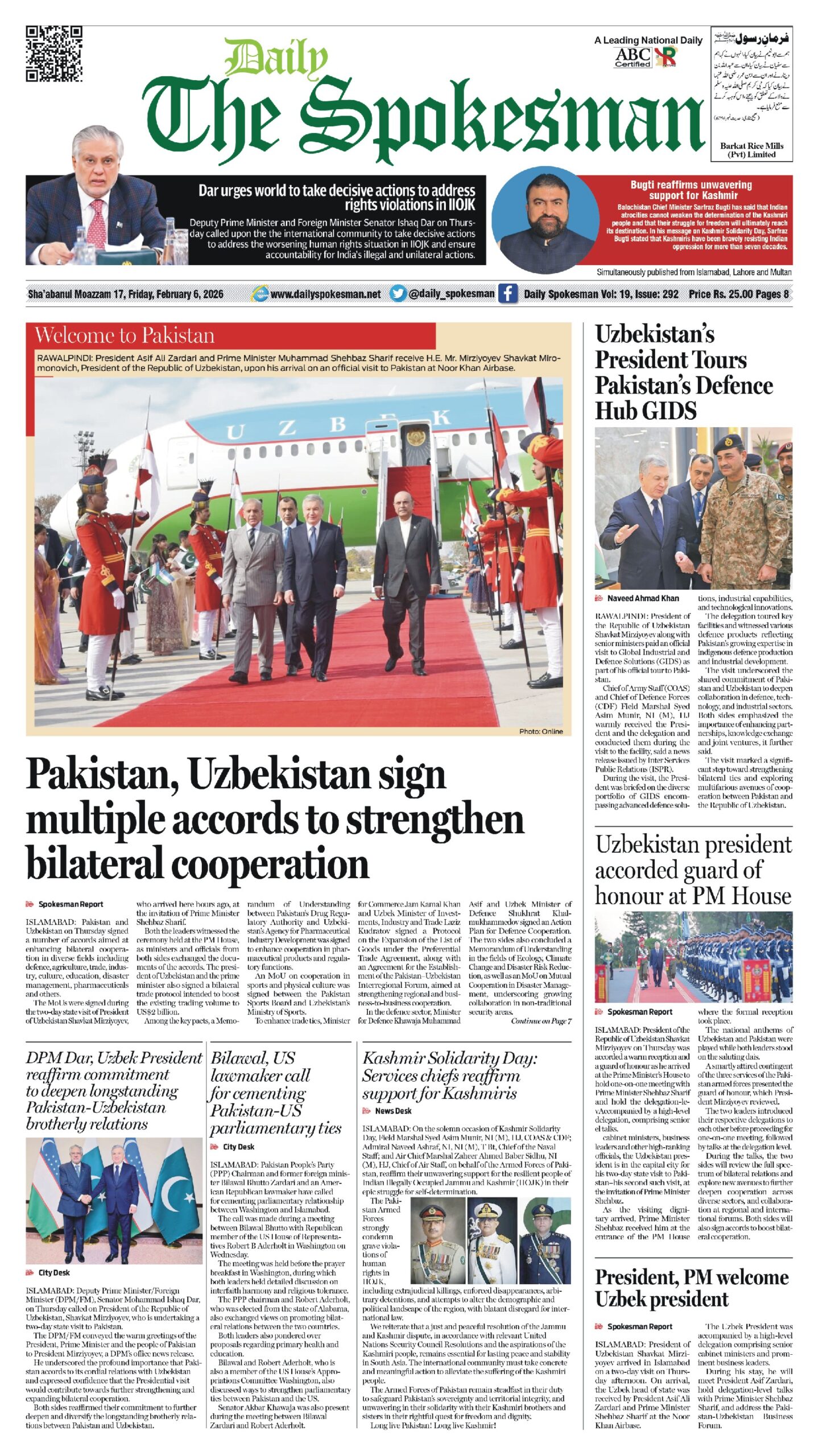
 Dr. Ali Bhadur
Dr. Ali Bhadur
The academic environment in Pakistan has been radically transformed by a growing focus on the publication of research articles among teaching faculty. This trend is largely driven by the policies of the Higher Education Commission (HEC) policies that created competition in publications where research quality is often suppressed by research quantity. This situation of publications’ race has notable implications for teaching faculty as well as overall research quality in Pakistan.
Due to HEC’s established framework, the ranking of universities and faculty’s promotions are linked to the number of published research articles. Universities’ faculty members are in a highly competitive environment of writing and publishing research articles. This has raised a concern that universities are transformed into factories producing research papers. Universities often put pressure on faculty members to publish a certain number of research articles in a specific period of time, which may result in an increased focus on quantity rather than quality in research. The faculty find themselves publishing their research articles in low-quality research journals and conferences, due to their institutional pressure; because their promotions are linked with the number of publications. This culture not only challenges academic integrity but also blurs the value of real scholarly contributions.
The burden of publishing articles may result in some unethical practices, such as plagiarism and self-plagiarism. The majority of universities in Pakistan award monetary incentives against each research paper faculty publish. This incentivization may lead to the use of questionable methods to meet publication targets. This raised a question about the faculty’s reputation and credibility of Pakistani universities.
The consequences of the race of publication go beyond the faculty level to the students and further to the broader academic environment. When the faculty bears the pressure of publication, they can not find ample time and energy to prepare lectures, and their primary role in the classroom as mentors may compromised. This will result in a decline in the quality of education, as it will become difficult for the faculty to give necessary support to the students.
The current race of publications may create a contrasting situation between faculty’s research interests and students’ needs of learning. To maintain a specific number of research publications, the faculty members may prioritize research topics that are more likely to yield publishable results rather than students’ interests and social needs. This situation can hamper students’ capabilities to engage with impactful research, which ultimately affects their academic experience.
The current scenario also affects newly inducted faculty members in a disproportionate way. Many junior faculty members failed to find proper mentorship and necessary support to navigate the research publication process. They may struggle to secure space in high-impact journals. This situation may lead to frustration among newly inducted faculty members. Pakistani universities should revisit their policies and approach toward research publication by shifting the focus of academic institutions from quantity to quality by defining clear criteria to measure research output. Additionally, the quality of research and the overall academic culture of Pakistani universities can be enhanced by developing a collaborative research environment. Interdisciplinary research collaborations among faculty members of different disciplines can result in emerging research projects that address ongoing social issues and provide valuable data.
Moreover, it is need of time for universities to provide sufficient resources to the faculty members engaged in research-related tasks. This may include access to research funding, rationalizing faculty’s teaching workload, and arranging workshops for writing and publishing research papers. Universities should also provide the necessary tools of research to faculty members to empower them to produce quality research. Alongside this, universities should introduce ethical standards of research by devising strict rules related to plagiarism and self-plagiarism to make the publication process more transparent.
In Pakistani academia, the race of research publications needs a cultural shift and faculty members should be encouraged not only to write research papers but also to write quality research papers that can enhance the overall learning experience for both faculty and students. The rise in the number of publications in Pakistani universities has raised the current “publish or perish” mindset which is creating a challenging situation for faculty members, that can be tackled by promoting a vigorous research culture that values quality scholarly work over sheer quantity.
Dr. Ali Bhadur is an academician and serving as a regular faculty member at the Department of Media & Communication Studies, GC University, Lahore. He can be contacted at [email protected]






